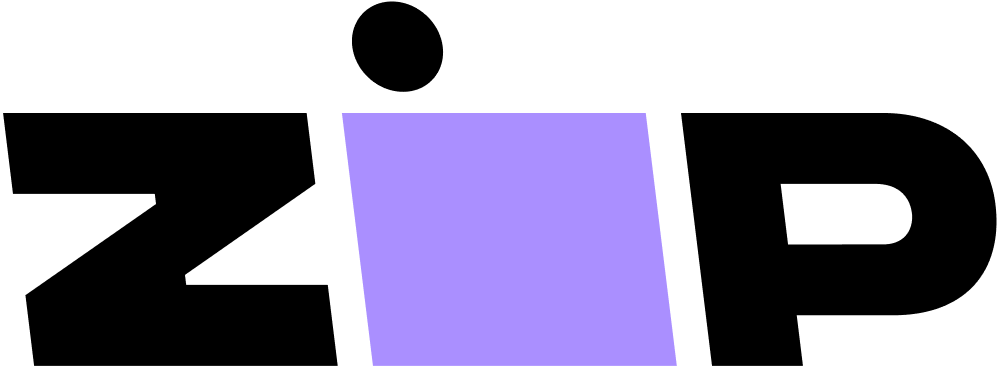Ever feel you’re losing focus in the workplace and your mornings are often scrolling through social media? I admit, I was the same way. But that’s where team building activities in Australia come in! It may seem counterintuitive at first, taking time away from work to engage in team building exercises. However, these team activities offer a unique opportunity to reignite your passion, build stronger relationships with your colleagues and ultimately bring you back to your tasks with renewed energy and clarity.
Imagine taking a refreshing break from staring at screens all day long and allowing your team to indulge in creative pursuits that stimulate different areas of the brain. Paint and sip with your staff, learn how to make your own ceramic mug or participate in a friendly cooking competition! Whatever your colleagues prefer, these team bonding activities have profound effects on individual morale and group dynamics alike. They enable participants to think outside the box, enhance their problem-solving skills and promote open communication—all vital elements for maintaining focus during professional tasks.
Read on to discover why losing focus has become a problem and how I made an effort to take back my mornings (and maybe even a few afternoons and weekends while I’m at it!).

Here’s why
Our world has undergone an astounding change in the last fifty years. Our communities have grown, our networks have extended and our technology has advanced. We’re heading towards progress like a rollercoaster without brakes.
We think we’re doing fine.
However, studies have shown we’re not adapting to the transition as well as we think we are. For instance, consider our only defence against a load of information, responsibilities and outside stimuli that constantly keep us busy: multi-tasking.
However, Daniel Levitin (1), a leading expert in the organisational challenges of the modern world, goes so far as to call multi-tasking a myth. According to his research, the closest the brain can get to completing more than one thing at a time is to quickly and sloppily switch between the two tasks, which impacts the quality and efficiency of your work.
Multi-tasking can also negatively affect our mental health. This can be hard to grasp because completing projects, even as small as returning a text message, can feel good (2). Good like scratching a bug bite or fueling an addiction, that is.
Levitin urges us to see our multi-tasking behaviour as just that: addiction. While we may be euphorically buzzing through our workday with two phones in hand and an eye on our emails, our mental and physical capacities are withering under pressure. This can lead to anxiety, exhaustion and poor decision-making.
I, for one, had the realisation of how serious my addiction was when I found myself skipping meals, overloading on caffeine and staying longer at the office when I had promised myself that I would hit the gym after work. I couldn’t understand why my work was suffering when I felt that I was working harder than ever. So I decided to make a change.
Here’s how

The best way I found to get organised was to get creative with expert suggestions. Here are two of my best tactics:
1. According to Dr. Hammerness (3), an assistant professor at Harvard Medical School, a great way to reel in the frenzy of distractions in the workplace is to manage our emotional wellbeing. An abundance of negative thoughts, he says, makes us more prone to straying off-course and making mistakes.
Psychology research (4) shows that by setting a goal of three positive thoughts to every negative one, we can be sure that our brains stay engaged and focused throughout the day. I have found that engaging in extra-curricular activities, like learning to play an instrument or making appreciation cards for my loved ones, keeps my mood light and happy, even when I’m in a particularly stressful setting.
2. After I found some emotional zen in my life, the next step was to wrestle with the constant itch to check my technology throughout the day. Dr. Hammernness proposes a seemingly easy solution: try focusing on a task for a short period of time. No phone, no internet, not even a bowl of carrots for mindless snacking. Just the task at hand.
I have to admit, this step is difficult for me. Even the smallest of distractions, like an interesting cloud outside my window, can veer me off course. So instead of taking Dr. Hammerness’s suggestion to my workplace, where my first attempts have been unsuccessful, I’ve started with something more accessible: yoga.
The key is to attend an actual class (instead of an online video) in which an instructor keeps me engaged and minimises all distractions. Since attending these creative classes, I’ve noticed that my focus in other areas has improved. Other hobbies, like painting, flower arranging or origami have similar effects on our ability to manage the frenzy of our daily lives.
So whether you want to take up a new hobby with a colleague or plan a relaxing group activity for your staff, these team building ideas are the perfect thing to help your crew unwind, relax and help them take a break from screens. Head to an paint and sip class in Melbourne, make dried flower arrangements in Sydney or bring the team closer together with an Turkish pizza making class in Brisbane.
Whatever you choose, these corporate events ideas are bound to have tremendous effects on their mental and physical well-being. By maintaining positivity, refusing to multi-task and fostering our ability to focus, we might just see gains in productivity and quality of our work.
References:
(1) theguardian.com
(2) goodreads.com
(3) hbr.org
(4) positivityratio.com
Gift a unique experience
Pick a fun experience for them, or let them choose from our thousands of creative classes and kits.
Valid for 3 years.
card_giftcard Discover gift cards










